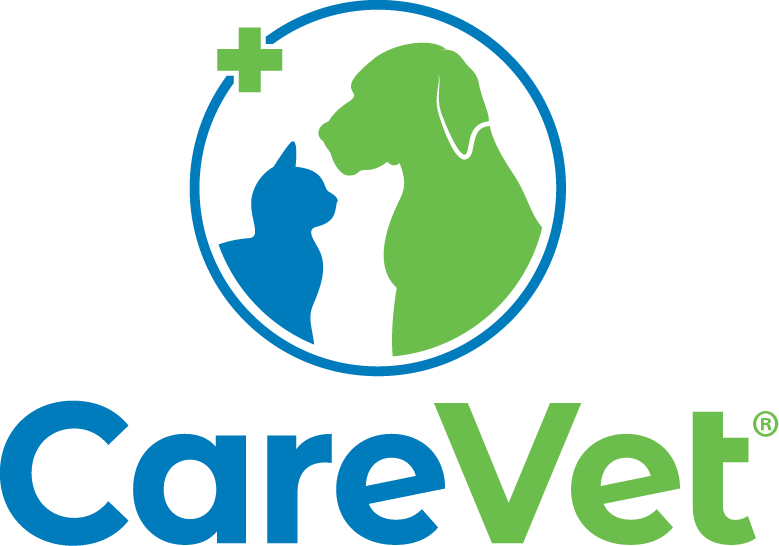From increased confidence in clinical skills, to improving client and staff communication, to promoting wellbeing, mentorship is integral to a new Veterinarian’s successful transition to the hospital. That said, not every new graduate knows to look for a mentorship program, let alone what it takes to make a powerful DVM mentorship program.
In our webinar: Three Key Components to Look for in a DVM Mentorship Program, CareVet’s own Dr. Warren Jones, Dr. Brandon Thornberry and Dr. Erin Sako discuss how you can find the best DVM mentorship program to meet your goals, no matter what stage of the mentorship journey you’re on.
What should you look for in a DVM mentorship program?
1. Look for a mentorship program that gets started on day one (or before)!
A strong mentorship program should begin supporting you and your career before your first day. You should not have to walk in on your first day feeling alone or wondering who you can turn to. Getting paired with your mentor early can help you feel welcomed into the hospital and gives you someone you can turn to with the questions and uncertainty that come with starting a new job.
It’s also important to carefully consider who your mentor is and make sure they can teach you hard and soft skills. In fact, a strong mentorship program should not just pair you with the medical director at your practice. Since your relationship with your mentor should be professional and personal, you may not want your mentor to be someone you work with daily. A mentor from outside of your practice is an External Mentor. Examples of external mentors can include other doctors in your network or industry professionals.
That said, an Internal Mentor, or a mentor at your practice, is a great way to gain those skills a little bit faster because you can learn from them daily. Ideally, a strong mentorship program connects you with both. Remember, your mentor can be anyone! Does your Practice Manager have excellent people skills and you’re looking to build strong relationships with your clients? They could be your mentor!
2. Look for a mentorship program that’s centered around you
From your professional goals to your personality – you are unique! Make sure to look for a mentorship program that’s not one size fits all. It should be centered around your personal and professional goals! That’s why Mosaic Mentorship – an approach to mentorship that is diverse and personalized – is an important component to look for in a mentorship program.
To elaborate, a mosaic mentorship program allows you to make your mentorship experience your own by providing you with the connections to do so. Let’s say you have a short-term goal of learning a new surgery and a long-term goal of becoming a medical director. The best way to help you achieve those goals may require two mentors: one that is an expert in clinical skills and one that is an expert in management skills. A mentorship program should not limit your career to just one path with one mentor.
3. Look for a mentorship program that evolves with your career
Mentorship is supposed to help you grow, so it should also grow with you! One of the best things about the Veterinary profession is the number of different paths you can take because the opportunities are endless. Whether it’s switching from small animals to equine or general practice to end of life care, your mentorship should evolve with your interests and should support you through all the stages of your career. That means there should not be a timeline or end date to your mentorship! Of course, having a plan and structure is important to ensure you reach your goals, but you should be involved with that plan.
If you are looking for a strong mentorship program, look no further. CareVet has a robust mentorship program for our Veterinarians that offers all the above and more!
